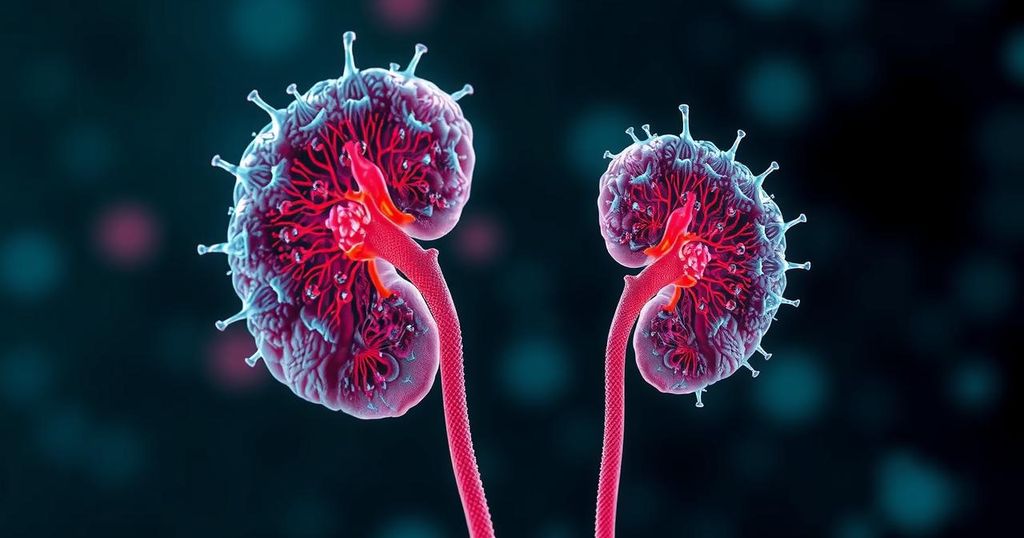Kidney Cells: Unveiling an Unexpected Form of Memory
Researchers have revealed that kidney cells are capable of memory-like functions similar to neurons, as evidenced by their ability to store information and recognize patterns. This discovery, detailed in *Nature Communications*, highlights the involvement of the protein CREB in memory processing, challenging traditional views of memory and raising potential implications for understanding disease mechanisms and treatments.
Beyond the well-known realm of neurons, it turns out that kidney cells possess a form of memory akin to their brain counterparts, as revealed in a recent study published in Nature Communications. Researchers discovered that kidney cells can track information and respond to patterns through a process involving the CREB protein, key to cellular memory. This breakthrough suggests that cells outside the nervous system may also utilize complex memory processes, challenging traditional perceptions. The intriguing findings highlight how both neuronal and non-neuronal cells can store memories through chemical signals, shedding light on potential implications for diseases where memory is compromised. The researchers demonstrated this through controlled experiments with human embryonic kidney cells, observing that different timing in chemical pulses triggered distinct memory responses. Nikolay Kukushkin, the lead author, argues that this discovery opens the door to broader interpretations of memory beyond the brain’s scope, proposing that non-brain cells could also exhibit memory-like characteristics.
Memory has long been attributed exclusively to neurons, the cells responsible for transmitting information in the brain, allowing us to learn and recall experiences. However, recent scientific inquiries have begun to unravel the potential for memory-like functions in other cell types, including those in the kidneys. This revelation prompts a reevaluation of cellular memory and suggests that mechanisms thought to be unique to neurons may be widespread across different cellular environments, thus enhancing our understanding of biological memory and its implications for health and disease management.
The study’s findings have significant implications, not only challenging existing conceptions of memory but also suggesting potential pathways for addressing medical conditions related to memory loss. Recognizing that kidney cells can exhibit forms of memory prompts further exploration into how various cell types engage with memory-like processes. Understanding these dynamics may one day pave the way for novel therapeutic approaches, particularly in treating diseases such as cancer, where treatment regimens might be optimized based on cellular memory responses.
Original Source: www.sciencenews.org




Post Comment